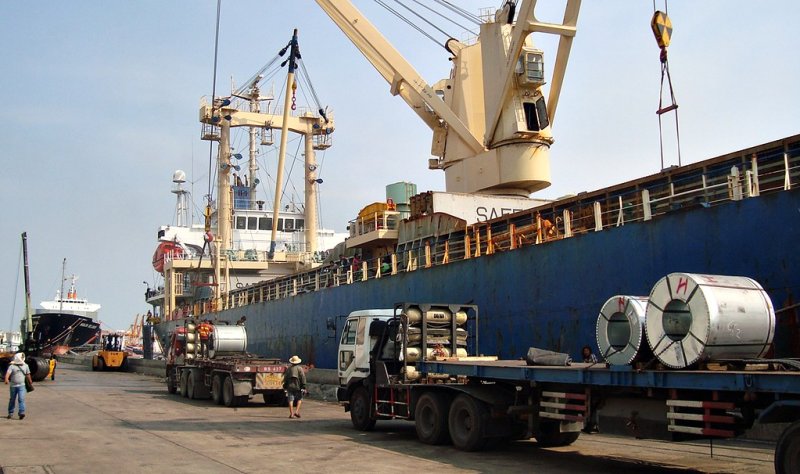- Negotiations

The Japanese and Thai governments started exploring a possible bilateral FTA in 2001-2002, but official negotiations didn’t start until February 2004. They concluded their talks in April 2007 and the Japan-Thailand Economic Partnership Agreement (JTEPA) came into force on 1 November 2007.
The FTA is comprehensive, covering trade in goods and services, investment, intellectual property rights, agriculture, competition policy, etc.
It was strongly opposed by social movements both in Thailand and Japan. Thai groups mobilised against the FTA’s provisions on patenting life forms, toxic wastes and investment. One special concern was that the Japanese would take advantage of the deal not to ship Thai healthworkers to Japan (as under Japan’s FTAs with the Philippines and Indonesia) but to operate an exclusive health facility in Thailand, for Japanese people, who would be flown in to avail of the best medical personnel Thailand has to offer — who would then be unavailable to treat poorer Thai citizens. A major row also erupted around the legalities of Thailand’s interim military regime pushing through the ratification and entry into force of the deal during their hold on the country after the September 2006 coup. Japanese groups mobilised particularly on the potential of the deal to increase Japan’s exports of toxic waste to Thailand.
last update: May 2012
Photo: Paul the Seeker / CC BY 2.0
28-Feb-2006
Thailand has postponed the signing of its Economic Partnership Agreement (EPA) with Japan, and suspended free trade area (FTA) negotiations with the US until the formation of the new government, chief negotiators for the two pacts said yesterday.
27-Feb-2006
Bangkok Post
Thailand and Japan have postponed off the signing of their bilateral trade pact earlier scheduled for April 3-4, pending the outcome of Thailand’s upcoming general election, a senior offcial said Monday.
7-Feb-2006
Kyodo
Japan and Thailand are likely to sign a bilateral free trade agreement in April, a high-ranking Ministry of Economy, Trade and Industry official said Monday.
30-Jan-2006
Deputy Prime Minister and Commerce Minister Somkid Jatusripitak has targeted Japan as the kingdom’s primary business partner in developing Thailand as an Asian hub for electronics and electrical equipment production.
13-Jan-2006
Foreign Minister Kantathi Suphamongkhon said on Friday Japan and Thailand would likely sign a free trade agree (FTA) agreement in early April when Thai Prime Minister Thaksin Shinawatra is scheduled to make an official visit to Tokyo.
17-Dec-2005
Japanese fruit producers and exporters have called for their Thai counterparts to upgrade sanitary and food safety standards if they want to succeed in promoting Thai fruit consumption in Japan.
3-Sep-2005
MOFA
On 1 September 2005, Mr. Junichiro Koizumi, Prime Minister of Japan and Mr. Thaksin Shinawatra, Prime Minister of the Kingdom of Thailand met in Tokyo to jointly announce that agreement in principle has been reached between the Japanese side and the Thai side on all major elements of the Japan-Thailand Economic Partnership Agreement, on the basis of a series of negotiations since February 2004.
2-Sep-2005
Japan Times
Prime Minister Junichiro Koizumi and his visiting Thai counterpart, Thaksin Shinawatra, agreed Thursday on a basic accord to lower mutual trade barriers that left key decisions on high tariffs on Japanese cars and Thai rice unresolved.
23-Aug-2005
The free trade talks between Thailand and Japan are approaching a crucial step, with officials preparing to address the origin of products, the last and thorniest issue on the agenda.
12-Aug-2005
Commerce Minister Somkid Jatusripitak said yesterday Thailand will definitely gain more than it will lose from a planned free-trade agreement with Japan because of probable greater investments and higher exports in the long term.





